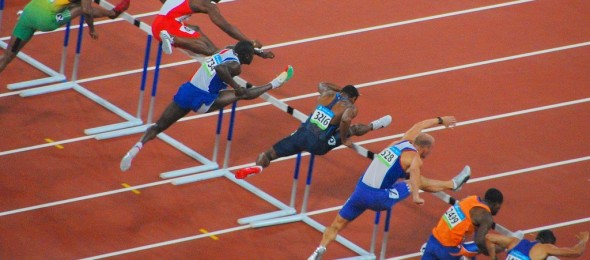Despina Mavromati, Managing Counsel and Head of Research & Mediation at the Court of Arbitration for Sport, has written a timely paper entitled, “The Rules of the CAS Anti-Doping Division and the CAS Ad Hoc Division at the Olympic Games.” In her working paper, Ms. Mavromati discusses the CAS’s role in the Rio Games.
Here is the abstract:
The Court of Arbitration for Sport (CAS) has been adjudicating on a variety of disputes arising on the occasion of the Olympic Games (OG) through its CAS Ad Hoc Divisions since 1996. Over the years, it has dealt with qualification matters, doping and other disciplinary issues, primarily as a last instance body. The main particularity of the CAS Ad Hoc Divisions is that it provides athletes and federations with free access to justice within very short deadlines (generally, within 24 hours from lodging the claim or in accordance with the competition schedule). The Rio Games constitute a landmark in the history of CAS where the international sports tribunal is in charge of doping-related matters (arising out of the OG) as a first- instance authority, through its newly established CAS (ad hoc) Anti-Doping Division. The paper analyses the newly established procedural rules of the CAS Anti-Doping Division and compares them to “general” CAS Ad Hoc Division rules, the CAS Procedural Rules of the (permanent) CAS in Lausanne (the CAS Code) and the IOC Anti-Doping Rules for Rio 2016, with a view to better understanding some procedural issues related to jurisdiction, applicable law and provisional measures at the CAS ad hoc divisions.
In recent weeks, the Court of Arbitration for Sport (“CAS”) upheld an International Association of Athletics Federations decision banning all Russian track and field athletes from the 2016 Olympic Games in Rio due to doping concerns. CAS also dismissed an appeal that was brought by eight Russian weight lifters who were banned from competing over performance enhancing drug concerns. The athletes were reportedly barred from competing after Russia failed to sufficiently overhaul its testing procedures in order to prove athletes were clean following recent state-sponsored doping allegations.
Despite doping concerns, the International Olympic Committee has chosen to allow each individual Olympic sports’ governing body to determine whether Russian competitors should be allowed to participate in the Rio games. Additionally, banned Russian athletes who wish to compete may also petition to do so as neutrals so long as the athlete demonstrates that he or she was repeatedly tested for performance enhancing drugs outside of the nation.
Photo credit: akiwitz via Foter.com / CC BY-SA














